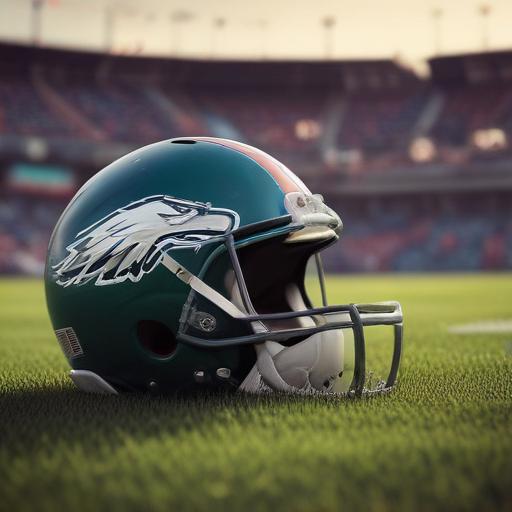June 12, 2025, marks 31 years since the tragic murders that altered the course of O.J. Simpson’s legacy forever. Yet, long before his infamous white Bronco chase and the “trial of the century,” Simpson was almost a member of the Philadelphia Eagles, creating a poignant “what-if” scenario for the franchise.
The 1968 Eagles faced a dismal season, culminating in an 0–11 start. In a season devoid of hope, the franchise was on the brink of securing the top pick in the 1969 NFL Draft, a position that would allow them to select Simpson, a generational talent. Instead, a couple of late-season wins resulted in the Eagles finishing with the second overall pick, allowing the Buffalo Bills to select Simpson.
In contrast to the Eagles’ acquisition of Leroy Keyes, who ultimately did not meet expectations, Simpson thrived in Buffalo, shattering records by becoming the first NFL player to rush for over 2,000 yards in a single season. His electrifying performances made him a league icon.
Had the Eagles secured Simpson, their trajectory might have shifted dramatically. The combination of Simpson’s talent with the fervent Philadelphia fanbase could have elevated the team to new heights and altered the very fabric of Eagles history. With his standout abilities, odd are Franklin Field would have transformed into a vibrant hub of NFL excitement, branding Simpson as a local sports deity. This could have spurred quicker coaching changes, leading to the establishment of a winning culture in Philadelphia sooner than it eventually did.
While the Eagles struggled during the 1970s, the addition of Simpson might have provided the necessary spark for playoff contention. Although the Bills faced hurdles in securing a championship with Simpson, his undeniable talent could have significantly bolstered the Eagles’ roster.
However, any speculation about a different outcome must consider Simpson’s complex legacy. His post-football life took a tragic turn, and one wonders whether different circumstances in Philadelphia would have changed his life path. The city’s notoriously tough media might not have afforded him the leniency he received in Hollywood, potentially altering his public and personal narrative.
Had the Eagles selected O.J. Simpson, they could have rewritten their history as a franchise, stepping away from a reputation built on heartbreak. The opportunity lost in 1969 remains a haunting “what-if” for football fans, illustrating the unpredictable nature of sports history and the potential for greatness that can stem from even the most challenging seasons. This narrative serves as a reminder of how a single decision can lead to drastically different outcomes, leaving fans to ponder what could have been for both the Eagles and O.J. Simpson.
